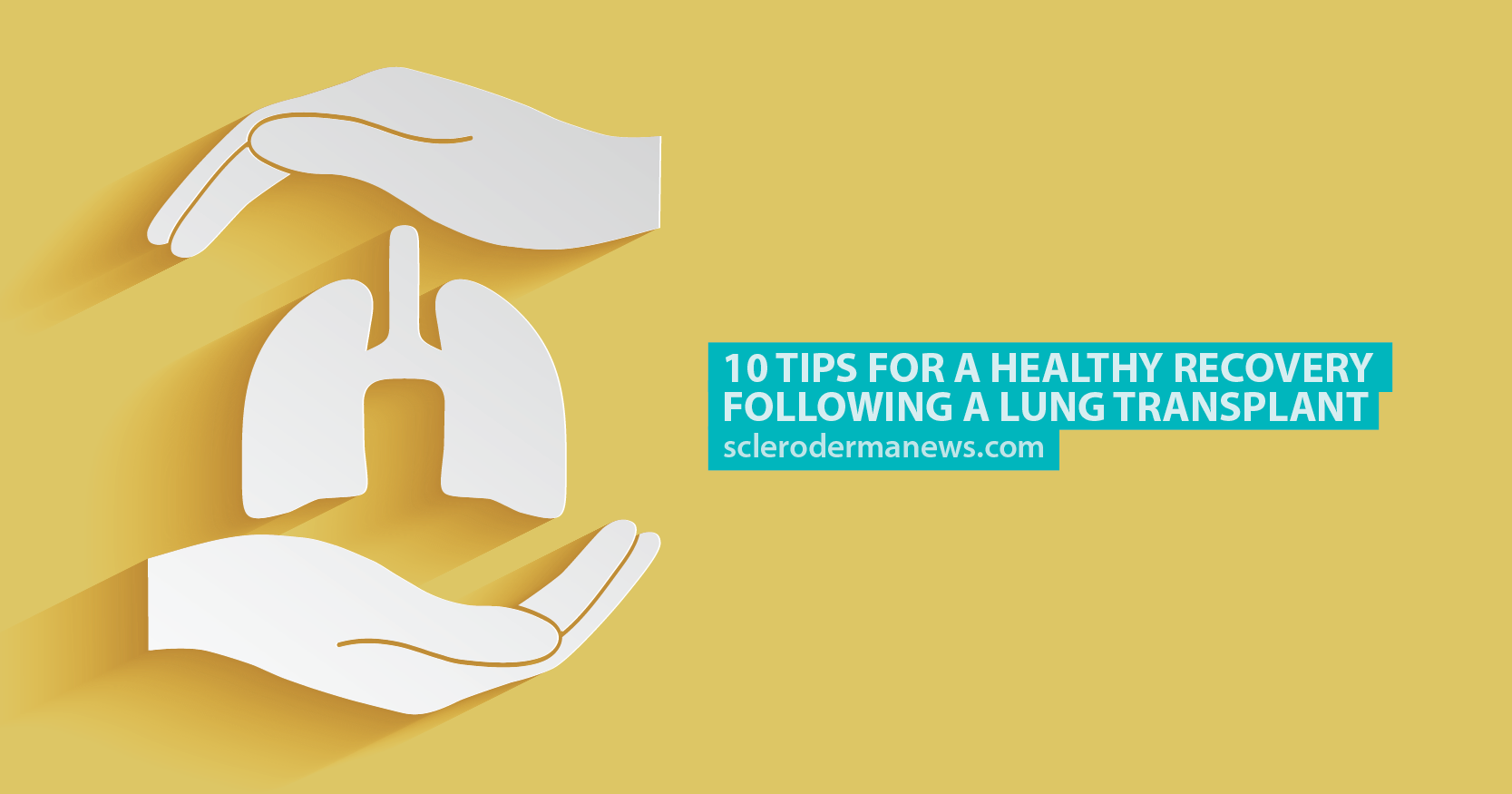10 Tips for a Healthy Recovery Following a Lung Transplant

For some chronic lung disease patients, their lung function declines so much that they need to have a lung transplant. However, it’s a complicated procedure and recovery can be slow. To ensure you have the healthiest recovery possible, you’ll need to adhere to a few basic rules, according to the Cleveland Clinic and the Cystic Fibrosis Foundation.
- Take your medication exactly as prescribed by your doctor. If you miss a dose, contact your healthcare team for advice.
- Attend all of your appointments with hospitals and other healthcare professionals.
- Call your doctor if you experience fever, flu-like symptoms, nausea, vomiting, sore throat or runny nose, pain or new tenderness around the transplanted lung, increased shortness of breath or any other new symptom that you are unsure of.
- Have your blood drawn as directed by your healthcare team.
- Communicate all lab results to your transplant team as soon as possible.
- Follow the dietary and exercise plan you’ve been given.
- Do your daily pulmonary function test as instructed by your healthcare team.
- Avoid being around people who are sick. Wear a surgical mask while in crowded public places to avoid infections.
- Wash your hands regularly, particularly after touching shared objects or surfaces.
- Consider wearing a medical alert bracelet which will inform people of your lung transplant in the event of an emergency.
MORE: Here are six tips to help you take the best possible care of your lungs.
Scleroderma News is strictly a news and information website about the disease. It does not provide medical advice, diagnosis or treatment. This content is not intended to be a substitute for professional medical advice, diagnosis, or treatment. Always seek the advice of your physician or other qualified health provider with any questions you may have regarding a medical condition. Never disregard professional medical advice or delay in seeking it because of something you have read on this website.






